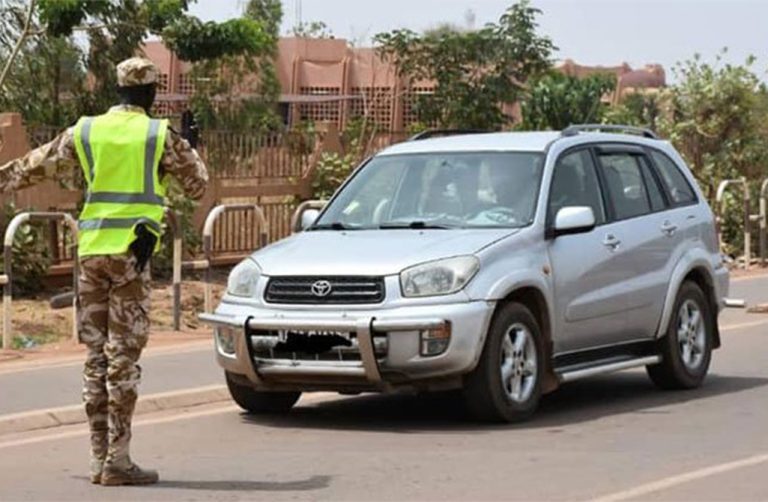AES: Need to reinforce security at the entrance to major conurbations

In the wake of escalating security threats across the Sahel region, particularly following a recent attack in Bamako, member states of the Alliance of Sahel States (AES) are under increasing pressure to bolster their security measures. As terrorist attacks and destabilization attempts intensify, the resilience of these countries is being severely tested, prompting urgent action to safeguard their populations.
Burkina Faso has taken proactive steps by implementing new security controls at the entrance to its capital, Ouagadougou, setting an example for other AES nations.
With the region facing heightened threats, these measures are designed to prevent terrorist incidents and curb destabilization efforts, often driven by external forces with imperialist and neo-colonial agendas.
The situation highlights the need for heightened security, particularly at the entrances to major cities, including national capitals.
Strengthening these controls would not only help prevent attacks but also serve as a deterrent to foreign interference, which has become a growing concern.
Recent foreign interventions, especially from certain Western powers, have revealed the Sahel’s vulnerability to outside influence, making increased vigilance all the more critical.
The AES nations must work to tighten their security frameworks, ensuring that vehicles, including those previously exempt from searches, are thoroughly inspected.
This would limit the potential for malicious actors to infiltrate major cities and disrupt public order. In addition, member states must take extra measures to secure their borders, protecting their citizens from the looming threats.
Collaboration and unity among AES countries are key in facing these challenges. A strengthened regional security apparatus will make it harder for those seeking to undermine the integrity and sovereignty of the Sahel to succeed.
As these nations enhance their cooperation, they stand a better chance of preserving peace and stability in the region.
Ali ZOUNGRANA











